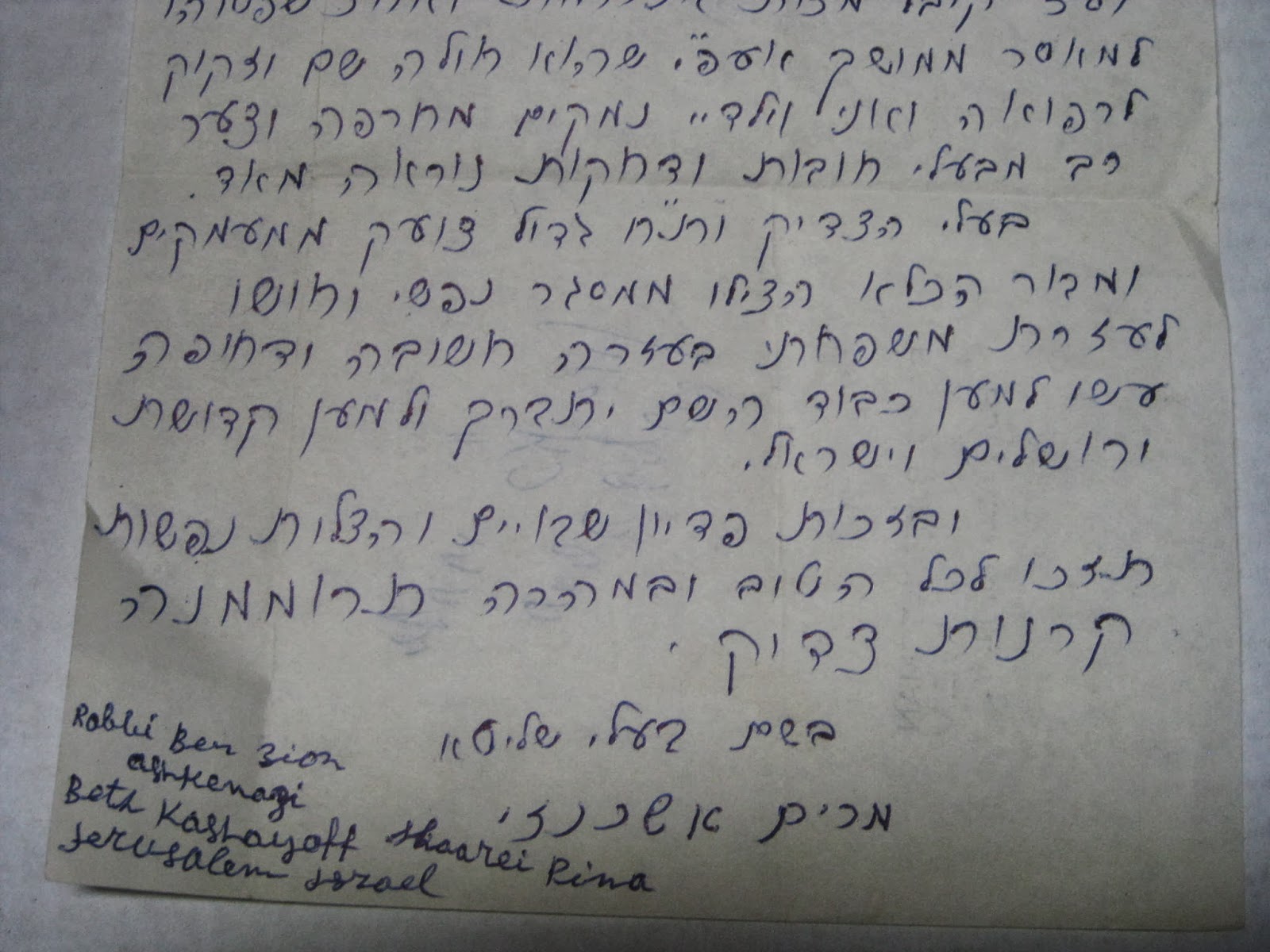The Responsa literature offers a vast source of information on Jewish History, depicting real life issues and the Rabbi's methods and efforts of dealing with them. Some of the best sources on American Jewry can be found in Responsa. In general, Until the early 1900s, most of the major questions were sent to Rabbis in the Old World, and some of these questions ended up being published in these Rabbis works of Responsa. Much of the early Responsa has been written about extensively (See J. D. Eisenstein in Publications of the American Jewish Historical Society 1904), below are a few more recent ones.
In 1924 Mili Dezra was published, authored by Rabbi Ezra Hakohen Tarab, originally from Damascus. In the book are several questions from the newly arrived Jews in Argentina who hailed from Damascus.
One of the most interesting questions is that of when to celebrate Purim, on the 14th or the 15th of Adar. Apparently, the Jews of Damascus who always celebrated on the 15th seem to have gotten confused with this when arriving in South America. The author instructed them to celebrate on the 14th. Another of the questions he was addressed in this book (siman 10) discusses daily fights in the Damascus Synagogue in Buenos-Aires regarding which prayerbook to use, with a small and powerful group trying to impose the use of the Siddur Hukat Olam with Kabbalistic customs on the others.
 |
The Response of R. Tarab regarding Purim
|
_______________________
In 1858, Rabbi Yosef Shaul Nathansohn was asked if was permissible to convert the Welsh-Scotch Methodist chapel at 178 Allen Street in New York to a synagogue.
Rabbi Yosef Shaul Nathansohn, after describing the practice of this church in detail, concludes:
דשרי לעשות בהמ"ד ומצוה הוא לדעתי לקדש ש"ש
It is permissible to make it a house of study and it is a Mitzvah in my opinion, to sanctify the name of God.
______________
In 1947 a curious book was published in Casablanca, titled Resise Layla, by Rabbi David Danino.
Being a commentary on Daniel and some chapters of Psalms, it includes a rather interesting interpretation of chapter 46 of Psalms, למנצח לבני קרח על עלמות שיר. The author writes how the Psalm in prophesying the Holocaust and America's fight against the Nazis. See below his entire calculation, and notice how he includes France on the "good side" with the Americans.






















